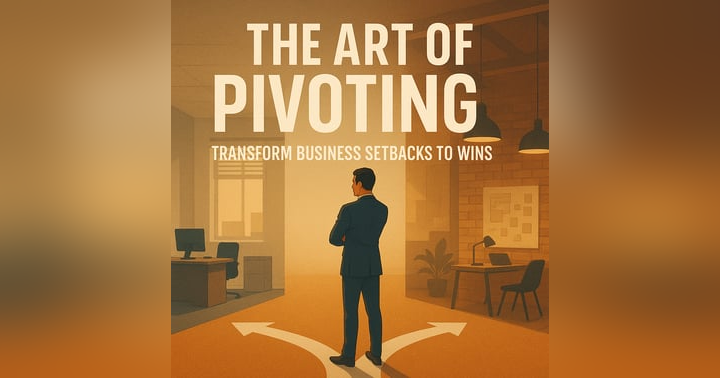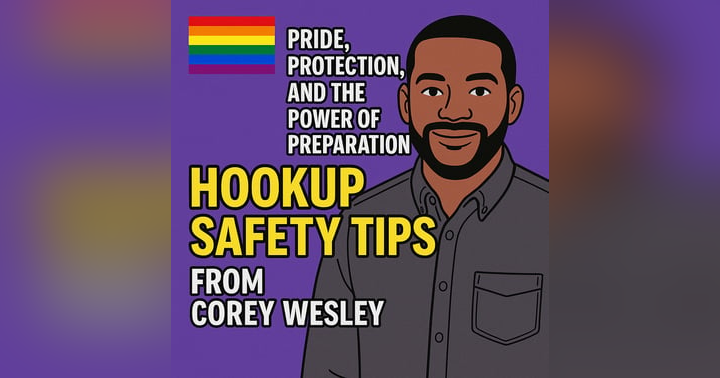Why Friendships Fail: Porsha, Shamea & Real-Life Lessons

Friendship Isn’t Always Forever – And That’s Okay
Hey y’all! It’s been a little while since I’ve posted—life’s been chaotic with home renovations, and a much-needed escape to Vegas with my bestie, John. Between the dust and the dance floors, I just hadn’t felt inspired to record or reflect… until now.
Today, I want to talk about something real: friendship.
When Reality TV Sparks Real Reflections
I caught wind of the friendship fallout between Portia and Shamea from The Real Housewives of Atlanta. I don’t follow the show like I used to (shout out to the OGs: Nene, Kandi, Kenya!), but the buzz about this drama made me pause and think—what does friendship really mean?
How does something that once felt so close unravel so quickly?
And more importantly: would my own friendships survive the pressures of public life or reality TV?
Every Friendship Has Its Own Identity
What I’ve come to understand is this—friendships are not one-size-fits-all. I have friends I don’t speak to every day, but when we do connect, it’s deep and meaningful. Some I bond with over concerts or Beyoncé tours, and others I can talk to about sex and dating when I just need to be open and raw.
Each friendship serves a different purpose, and that’s perfectly okay. The problem comes when we expect every friend to show up in the same way—or expect them to mirror our efforts.
Imbalance Is the Silent Killer
Cynthia Bailey once said something that stuck with me: if you do something nice for someone, do it without expectation. If you’re giving gifts, hosting dinners, or constantly checking in—don’t automatically expect the same energy in return.
Not everyone loves or gives the same way. And that’s where the concept of friendship identity comes in. Just like we all have love languages, we also have ways we show up as friends.
For example, I’m the entertainer type. I’ll break out the wine and cheese platters and host a vibe. But I don’t expect my friends to do the same when I visit them. That’s not their thing—and that’s okay.
But here’s where it gets tricky: when there’s a pattern of one-sidedness—when someone never shows up to your birthday, never checks in, and never makes the effort—you’ve got to pause and reevaluate.
Pay Attention to the Bids
I recently heard a psychologist talk about “bids” in relationships—small gestures that show care. Like when someone hears you say, “I’m tired and hungry,” and they offer to warm up some food. That little offer? That’s a bid.
Friendships are full of bids, too. And when someone constantly misses yours, it might be time to ask yourself if they’re really showing up for you at all.
Play Friendship Like Tennis
Here’s how I’ve started to handle it: I treat friendship like a tennis game. I hit the ball—send a text, leave a message—and if it doesn’t come back? I don’t chase it. I wait until they hit it back. That way, I protect my peace, manage my expectations, and stop creating my own stress.
Some Friendships Expire—and That’s Not a Failure
It took me years to accept this, but it’s true: some friendships are only meant for a season. Others are for a reason. And a rare few? They’re for life.
But when you find yourself always doing the heavy lifting in a friendship, it’s okay to pull back. Protect your space. Protect your energy. Just because someone’s been around forever doesn’t mean they belong in your inner circle today.
A Word About Contracts and Labels
Remember when Cynthia Bailey gave Nene a “friend contract” and everyone laughed? I used to think it was extra, too. But now? I get it. It wasn’t about being dramatic—it was about making sure both people were on the same page.
Too often, we label someone our “best friend” without ever confirming if they feel the same way. Then we end up hurt when their actions don’t match our expectations.
Final Thoughts
Friendship is sacred—but it’s not always forever. And that’s okay.
Sometimes, the hardest part is accepting that someone you love doesn’t value the friendship the same way you do. But that realization can also be freeing. It allows you to stop pouring from an empty cup and start honoring the relationships that actually nourish you.
So, I ask you: What does friendship mean to you?
Let me know in the comments—I’d love to hear your thoughts. And remember:
Love yourself.
Trust yourself.
Believe in yourself.
And protect your peace.
Until next time,
Corey Wesley





